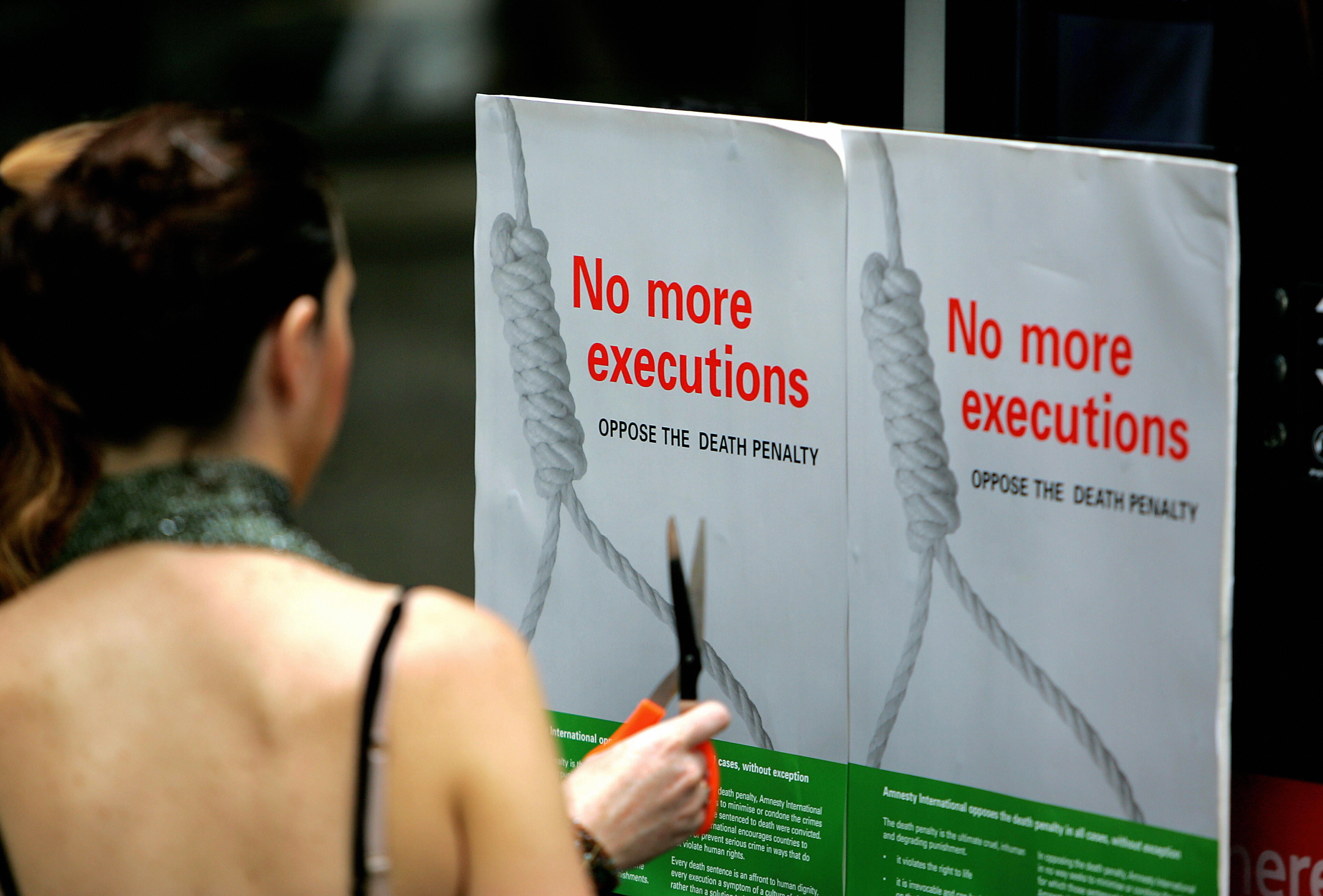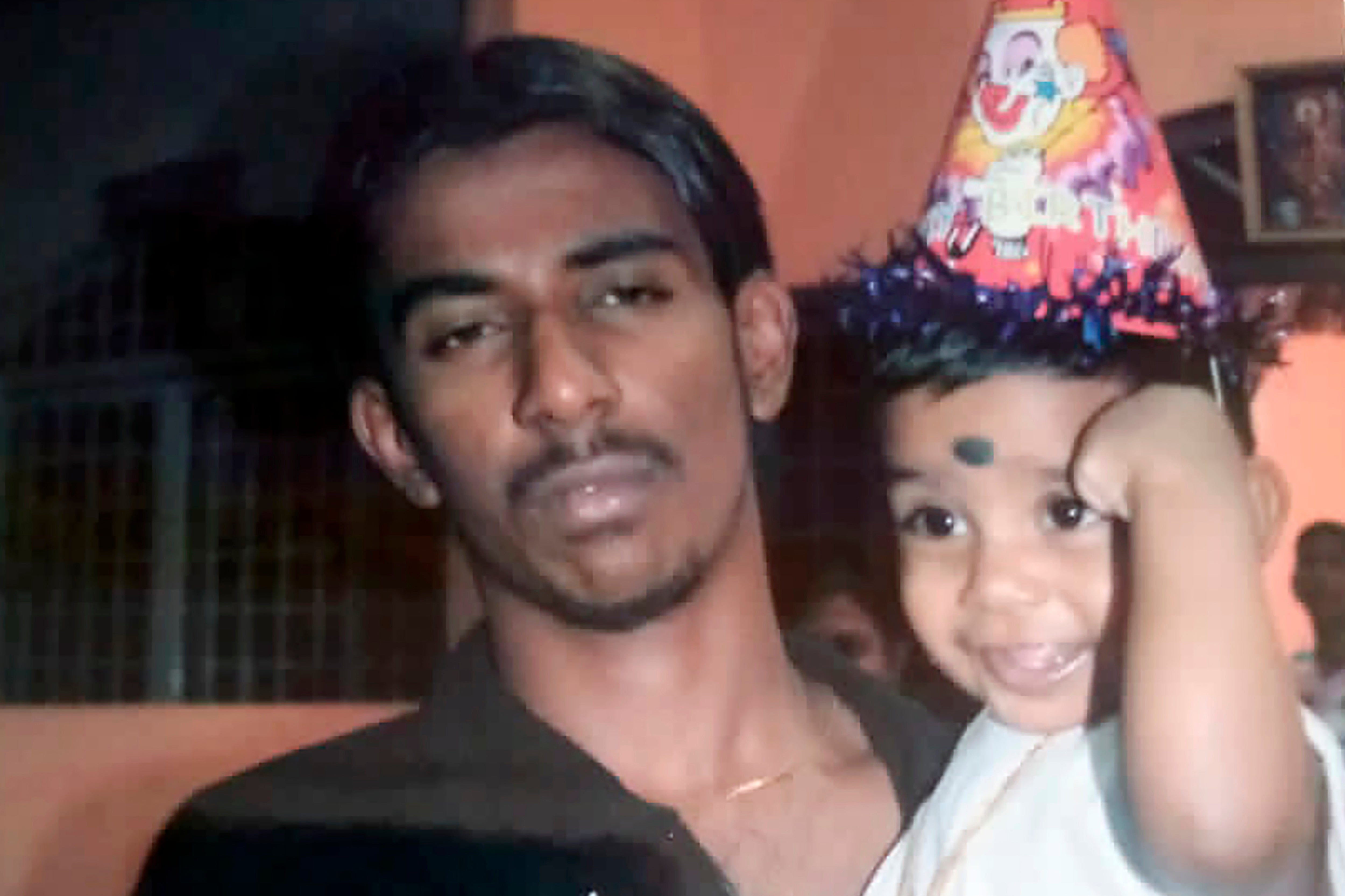Singapore executes third prisoner in just 8 days. What explains this fresh wave of death sentences?
Singapore’s authorities have defended their policies amid execution of man for trafficking 54g of heroin

Your support helps us to tell the story
From reproductive rights to climate change to Big Tech, The Independent is on the ground when the story is developing. Whether it's investigating the financials of Elon Musk's pro-Trump PAC or producing our latest documentary, 'The A Word', which shines a light on the American women fighting for reproductive rights, we know how important it is to parse out the facts from the messaging.
At such a critical moment in US history, we need reporters on the ground. Your donation allows us to keep sending journalists to speak to both sides of the story.
The Independent is trusted by Americans across the entire political spectrum. And unlike many other quality news outlets, we choose not to lock Americans out of our reporting and analysis with paywalls. We believe quality journalism should be available to everyone, paid for by those who can afford it.
Your support makes all the difference.Singapore has executed a prisoner for trafficking 54 grams of heroin in what is the third death sentence meted out in just eight days – marking a worrying increase of its capital punishment policies.
The latest execution was carried out despite calls from several quarters for halting such sentences and has come on the heels of the city-state executing a woman for the first time in 19 years just a few days earlier.
Mohamed Shalleh Abdul Latiff, a 39-year-old man, was executed at the city-state’s Changi Prison on Thursday after the country’s Central Narcotics Bureau said he was accorded due process under the law.
It added that the amount of heroin trafficked – 1.9 ounces – was “sufficient to feed the addiction of about 640 abusers for a week”.
The man, an ethnic Malay, was arrested in 2016 when he was working as a delivery driver. He believed he was delivering contraband cigarettes – and not a pack of heroin – for a friend to whom he owed money, Mr Abdul Latiff told the High Court during trial proceedings.
Mr Abdul Latiff had also said, according Singapore-based anti-death penalty advocate Transformative Justice Collective, that he did not verify the contents of the bag based on trust between the two. He was sentenced to death in 2019 and his appeal was dismissed last year.
The High Court judge said the two men did not share close ties enough to warrant the kind of trust he claimed to have had for his friend.
Even though Mr Abdul Latiff was found to be a mere courier by the court, it stated that he was handed the death penalty for not cooperating with prosecutors who did not hand him the certificate stating so.
Under the laws in Singapore, which observes harsh punishment against drug trafficking, anyone convicted of trafficking more than 500g (17.6 ounces) of cannabis and 15g (0.5 ounces) of heroin will be handed capital punishment.
Why has Singapore ramped up hangings?
The Thursday morning hanging marked Singapore’s fifth such execution this year, and the 16th execution for drug offences since the country resumed hangings in March last year after observing a two-year hiatus during the Covid pandemic.
Singapore’s authorities had put meting out execution sentences on hold in 2020 during the height of the Covid pandemic as the focus remained on controlling the deadly outbreak.
In 2021, legal actions by two civil group for death row prisoners stalled executions further, but a year later, Singapore returned to enforcing its draconian law by hanging Nagaenthran Dharmalingam, an intellectual disabled and psychiatrically ill man.

Holding a zero-tolerance policy, Singapore regards drug-related offences as the “most serious crime”. The administration has oft said that the death penalty is a deterrent against drug trafficking and that a majority of its citizens back capital punishment – a claim questioned by the country’s activists and lawyers.
In 2020, no executions were recorded in Singapore, which joined countries like Bahrain, Belarus, Japan, Pakistan and Sudan that had earlier carried out executions a year before.
Iran, Egypt, Iraq, Saudi Arabia accounted for 88 per cent of all known executions in 2020.

“As the world focused on finding ways to protect lives from Covid-19, several governments showed a disturbing determination to resort to the death penalty and execute people no matter what,” Agnès Callamard, Amnesty International’s secretary general, had said in 2021.
Just last week, two other citizens were hanged, including the first woman to be hanged in 19 years, for trafficking 31g (1 ounce) and 50g (1.75 ounces) of heroin respectively.
The country has also witnessed severe backlash from human rights groups, international activists and the UN, all of whom have sought an immediate end to the practice of executions against drug offences, stating increasing evidence that the method is ineffective as a deterrent.
They have also decried the punishment which sees low-level drug mules deployed in the illegal trade and are targeted for their vulnerabilities.
But Singapore’s officials have claimed capital punishment has helped in halting drug demand and supply. Additionally, laws in several nations in southeast Asia also dictate mandatory death penalty against serious drug crimes.
In a departure from the trend, Singapore’s neighbour Thailand legalised cannabis, and Malaysia is looking to end its own capital punishment rule by this year.





Join our commenting forum
Join thought-provoking conversations, follow other Independent readers and see their replies
Comments